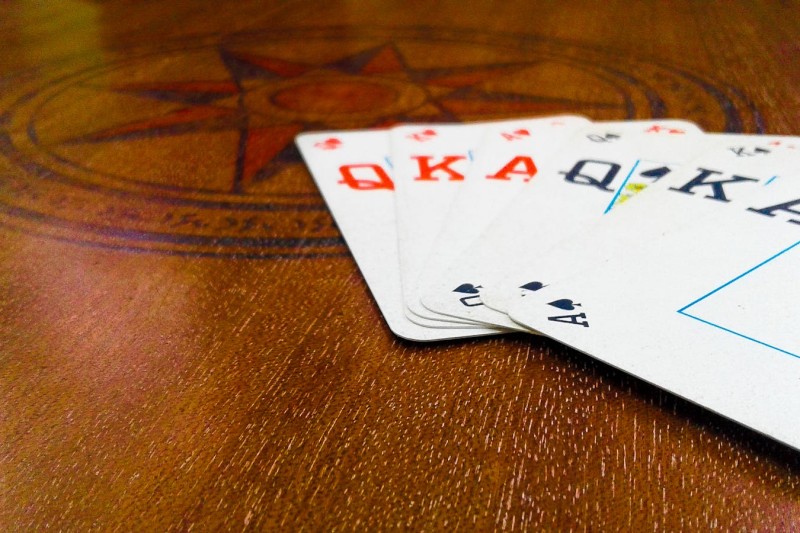Introduction
Gambling, which is the placing of money with the intention of winning a different amount, has rapidly become a common vice, helped by technology and business advertisements. From lotteries to Internet casinos – gambling is becoming loosely coupled with traditional culture, which influences the way people interact with it today. However, beyond its surface entertainment value lies a deeper issue: the chaotic social, economic, and personal costs that are associated with its occurrence both to individuals, families, and societies at large.
Understanding Gambling’s Impact
In the world, 0.5-5.5% of individuals suffer from gambling disorders, but millions of people have adverse effects of gambling. Harm resulting from gambling is not only to the gamblers but it has a social impact on the families and societies. While a problem gambler suffers the disease, six other people experience the effects which include financial loss, depression, and relational impairment.
Some forms of gambling are especially dangerous, including EGMs, and types of gambling available online. Designed to maintain user interest, these Apps use psychological pull factors, making players run after their loses and keep on stalking.
The Health Risks of Gambling
About mental health the consequences have been found to be anxiety, depression and in some cases even suicide regarding gambling. A study conducted on Swedish patients with gambling disorders established that such persons have a 15 fold increased risk of committing suicide than anyone else in the society. Also, the money spent goes toward paying for the loan; further, this makes issues of housing, health and education more acute since people are locked out as they feed the loan sharks.
It is important to define why gambling also affects other aspects of life not being a purely personal vice. Domestic violence, child abuse, and various other criminal activities aiming at generating income including theft and fraud are some of the vice related closest to gambling problems. Furthermore, the industry is involved in money lancing, which affects social and economical institutions negatively.
Breaking the Cycle
Preventing, treating and reducing gambling related harm is not an easy feat. Several measures include prohibition of gambling advertising, imposing mandatory loss limit, and stringent regime for gambling operators. Awareness campaigns can also help to prevent incidents when the comparatively greater expertise of a company is matched by the heightened vulnerability of a worker.
Treatments for gambling disorders at a personal level include cognitive behavioral therapy (CBT) and motivational interviewing. However, society creates barriers telling people with the condition that they should not go outside, and therefore they cannot seek help. Tools for universal self-exclusion and pre-commitment utilities that set gambling budgets could help a person to get control.
The Bottom Line
With the gambling being mainstream, society requires more strategies and interventions to address the problem than ever before. The government, researchers and advocates should come together to ensure vulnerable groups are protected and harm from gambling is minimized.
If you’re passionate about this topic, consider contributing to our Write For Us + Gambling section. Share your insights and help us create a platform for meaningful dialogue on this critical issue.

